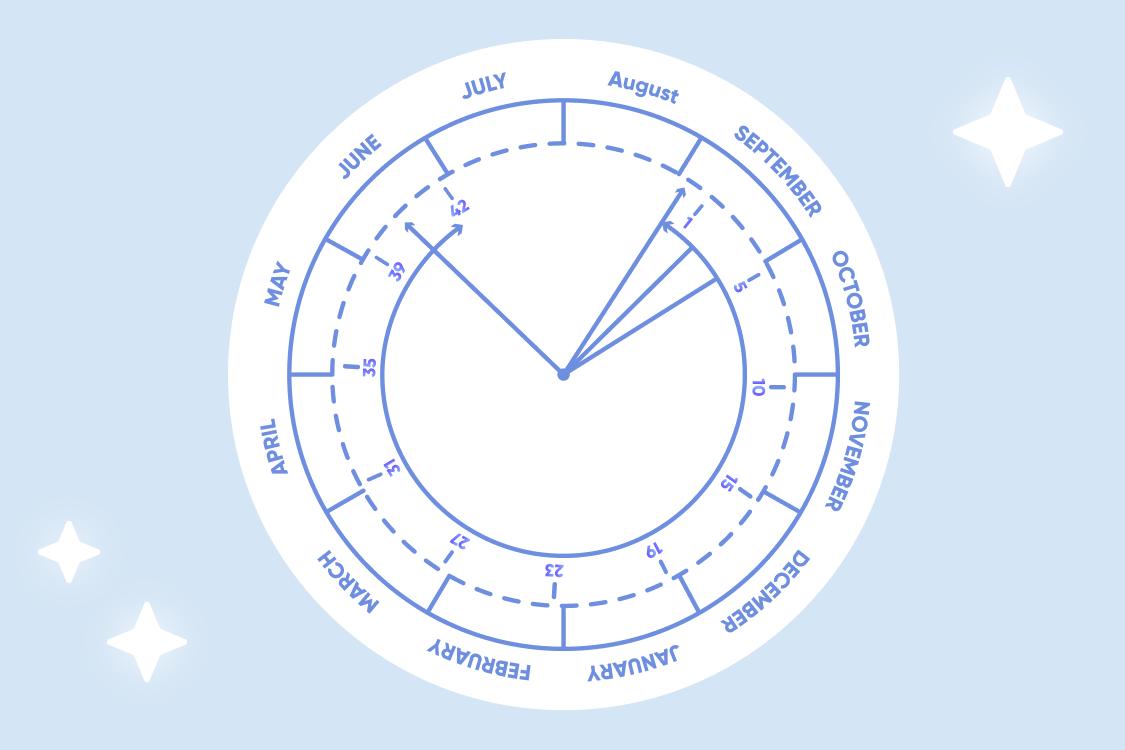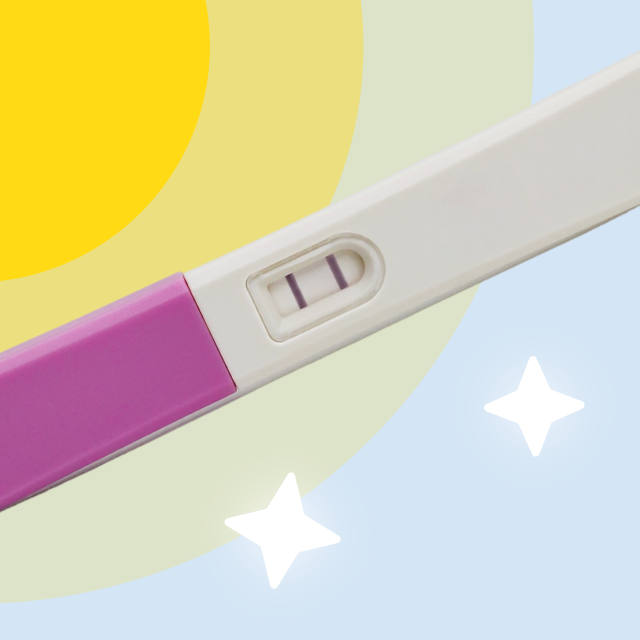How reliable is my due date calculation?
When it comes to predicting your due date, it's an exciting but also uncertain time.
The due date is an estimated date when your baby is expected to arrive, but it's important to understand that it's not an exact science.
Let's dive into the factors that influence due date calculations and what you can expect during your pregnancy.
Factors in Due Date Calculation
Your due date is typically calculated based on the first day of your last menstrual period (LMP) and the average length of your menstrual cycle. However, this method assumes a regular 28-day cycle with ovulation occurring on day 14, which may not be the case for everyone. Other factors that can influence due date calculation include:
Due dates are typically given as a range rather than an exact day.
The average pregnancy lasts around 40 weeks, calculated from the first day of your last menstrual period.
However, only about 4% of babies are born exactly on their due dates. Most pregnancies fall within the range of 37 to 42 weeks.
During pregnancy, your baby goes through various developmental stages, and each baby follows their own timeline.
Keep in mind that the due date is just an estimation and your baby may arrive earlier or later.
It's essential to be prepared for your baby's arrival anytime within the estimated range.
What to Expect During Your Pregnancy
As your due date approaches, you may experience a mix of excitement and anticipation. It's important to listen to your body and pay attention to any changes or signs of labor. Here are some common signs that labor may be near:
Remember that each woman's experience is unique, and it's essential to trust your instincts and seek medical guidance if you have any concerns.







Answer
1
Answer
0